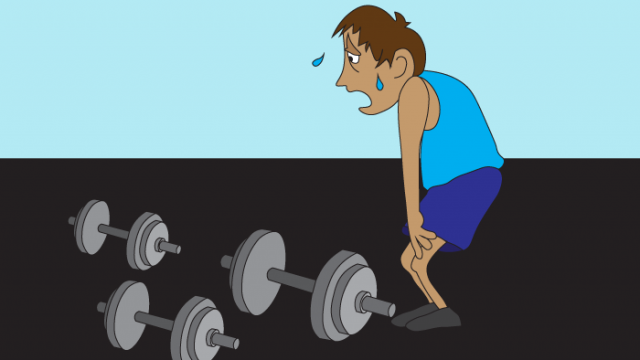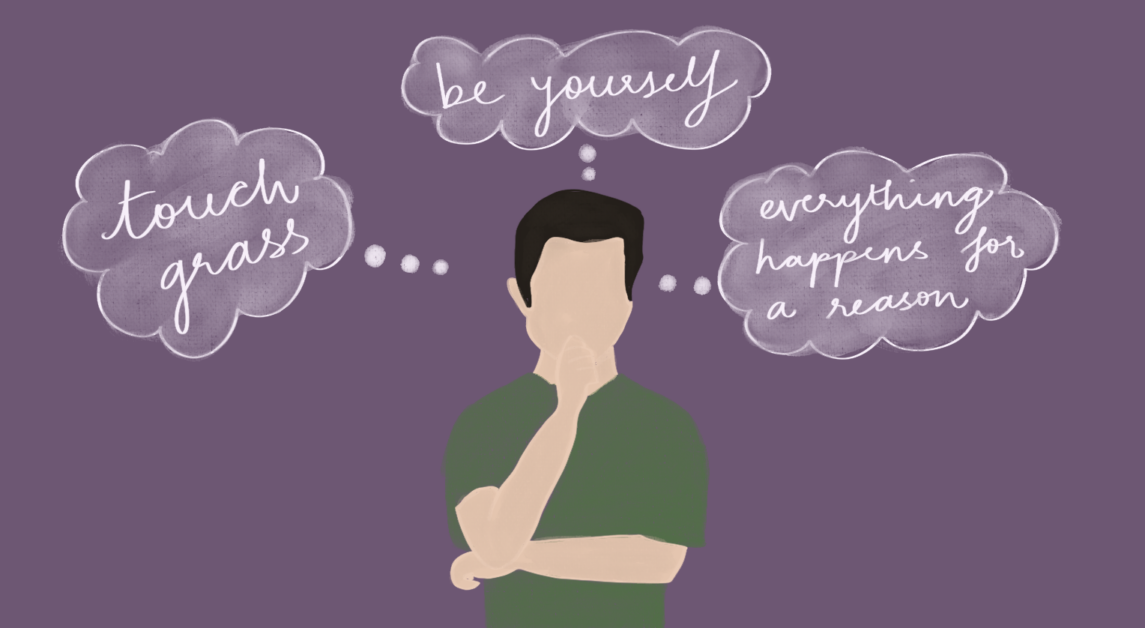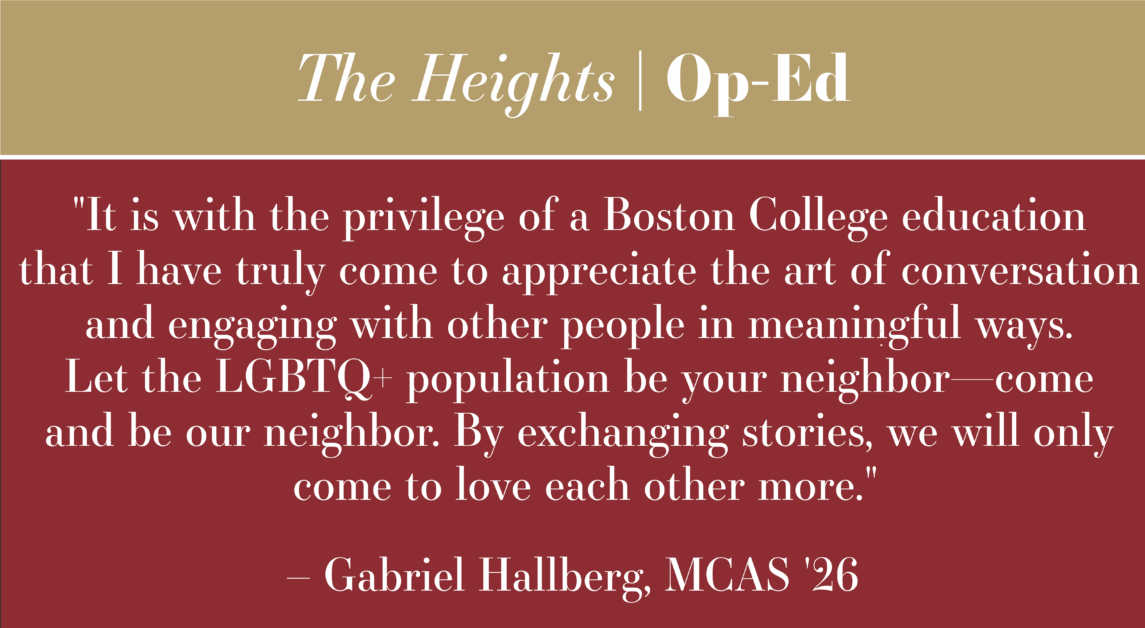Boston College’s campus is full of beautiful people who seem to constantly work out, eat well, study diligently, and post flawless photos on social media—so it can be easy to assume BC students generally practice healthy habits. In conversations in between classes, in the dining hall, or even in the library, I can’t help but notice the pervading topic of physical health and appearance. Within these conversations, however, there is a noticeable focus on calories, weight, and food. Plenty of Lulu-legged reminders of the BC fitness culture walk around campus everyday. Although these daily reminders to work out and eat well can be motivational for some, it is also important to realize how they can represent a larger, campus-wide issue.
Upon speaking with BC’s new nutritionist and my Health Coach supervisor, Kate Sweeney, I realized my perception of this “fitness fad” isn’t an over-exaggeration. Already, many students have come to her, feeling pressure to exercise excessively and sometimes restrict their food or make changes to their eating patterns. As Sweeney shared, signs of over-exercise include exercising through injury or sickness, feeling anxiety if not able to exercise, using exercise to compensate for food or alcohol intake, and experiencing medical complications like fatigue.
Over-exercise can happen at any frequency and duration of exercise. A healthy exercise regimen includes fueling appropriately and regularly, which means consuming enough carbohydrates to fuel the brain and muscles. Healthy exercise habits also include allowing for recovery days, stopping when injured or sick, and most importantly, truly enjoying the activity. While some varsity athletes train for two hours or more per day, the recommended amount of exercise for the average adult is five hours per week. There is significant pressure to exercise and participate in the BC “health mentality,” even if it doesn’t exactly promote a healthy mindset.
I was definitely affected by this pressure my freshman year. Eager to fit in and look a certain way, I began frequenting the Plex more and more often. Initially, I went for one hour, five days per week. Then six days, then seven. After the football season ended, so too did my dance practices on Tuesday and Thursday nights. To compensate, my treks down from Upper Campus to the Plex became more frequent. I was working out twice a day, everyday, sometimes for over an hour each session. Before I realized it, my conception of “healthy” had exploded, manifesting itself into an obsession.
Yet it seemed perfectly normal to spend hours at the Plex. After all, I often saw the same girls next to me on the elliptical, treadmills, or stair climbers, sweating just as profusely as I was. While using the cardio machines, sometimes I’d watch homework-related tutorials on my iPad, or even listen to lectures in order to make up for lost studying time.
Once, however, I overheard two beautiful girls talking about needing to get rid of their nonexistent “tummies” before Spring Break. The brunette gingerly touched her flat stomach, pinching some skin. The slightly taller one flexed her arm, remarking something about “arm flab.” I was baffled. Yet I knew I said similar, if not worse, self-deprecatory remarks to myself on a daily basis. Standing there, I realized I would never point out a loved one’s flaws, nor would I fabricate critiques that simply weren’t true. And besides, even if a woman did have a bit of a “tummy” or some “arm flab,” she’s still fabulous and should love herself regardless.
Although I have drastically changed my own exercise habits since then, I think the BC “Health Craze” is still an important topic to address. Furthermore, I am not suggesting this is primarily a women’s issue. As most (but not all) women seem to wish to “slim down,” men at BC, too, are under pressure to become “bulky.” Apparently, if you’re not guzzling protein powder like it’s water and lifting twice as much as the guy behind you, you’re less of a “man.” In reality, however, women and men could really care less about how much a man bench presses.
On college campuses, the rate of eating disorders is high, and this problem is rarely addressed. In fact, 20 percent of college students said they have or previously have had an eating disorder, and 91 percent of female college students have attempted to control their weight through dieting. This rate could potentially be even higher, due to the under-documentation of disordered eating and habits.
But the issue of disordered exercising seems to be even more difficult to tackle. How do we correctly discern the fine line between unhealthy and healthy exercise habits when the standard at our University tinkers on the edge of disordered? It is important to actively address the situation, rather than avoid it, and to at least attempt to reduce the pressure of the BC norm. For me, it was initially difficult to change my exercise habits into healthier ones because exercising is generally perceived as a positive, respectable activity. It shows motivation, determination. Upon returning from a long gym session, my friends would rarely say anything negative. When I complained about not working out yet that day, a friend would respond, “Wait up, I’ll go to the Plex with you.”
I am not suggesting we tell our friends to stop working out entirely. But we should—both individually and collectively—look inward to evaluate our true motivations for exercising. If a friend seems even more stressed or disheartened after a workout, or even criticizes herself, perhaps we can try and turn the conversation around. Similarly, we should treat ourselves with the same respect we show for our dearest friends. With a greater awareness of the BC fitness culture, hopefully we can encourage a healthier, campus-wide perspective on exercise.
Featured Image by Meg Dolan / Heights Editor













